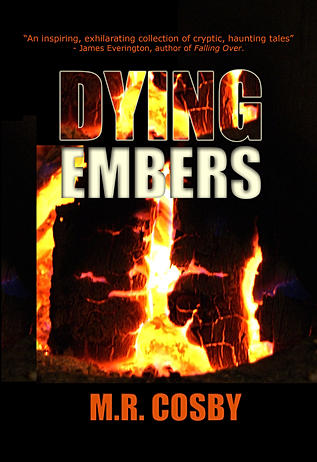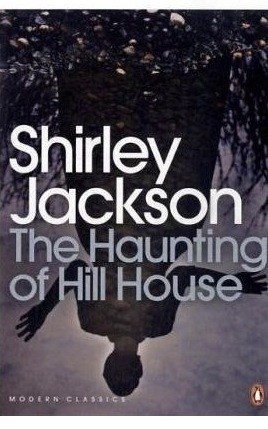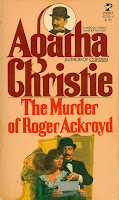 One thing I always like about Adam Nevill’s books is that, as well as thinking about the story itself, his work always makes me think about the horror genre in general - about my own beliefs about how horror works. From his novels I assume (perhaps wrongly) that Nevill is the kind of writer who is thoroughly aware of the tradition he works in as he writes, and some of that consciousness about the tropes and themes of horror seems to rub off on me when reading.
One thing I always like about Adam Nevill’s books is that, as well as thinking about the story itself, his work always makes me think about the horror genre in general - about my own beliefs about how horror works. From his novels I assume (perhaps wrongly) that Nevill is the kind of writer who is thoroughly aware of the tradition he works in as he writes, and some of that consciousness about the tropes and themes of horror seems to rub off on me when reading.
Which is possibly the most self-absorbed and pretentious start to a review I've written, but sod it.
Nevill’s latest novel, House Of Small Shadows, is a very different beast to the last of his books I mentioned on here: The Ritual was a wilderness based horror about people trying to stay alive - as I said at the time, it was a novel driven by the fear of death. By contrast, House Of Small Shadows never seems to place its central character (an antique valuer called Catherine) in any mortal peril. Instead, the novel is shot-through with another, equal, terror: the terror of losing one’s own sense of self.
Death is a loss of self, of course, but so is madness, especially when madness is seen not as something internal but as some external force, remaking someone's thoughts in its own image. Catherine is subjected to just such a force when she is invited to value a treasure-trove of taxidermy, puppets, and priceless dolls at The Red House. The house is occupied by the wheelchair bound Edith and her silent housekeeper Maude, and neither it nor they seem to have changed in nearly a hundred years. Isolated, remote, and with a somewhat clichéd lack of phone signal, The Red House is a world unto itself, a microcosm that Catherine becomes trapped in.
It’s a better reader than me, I'm afraid, who won’t become frustrated with Catherine’s repeated decisions to leave the house which she she fails to follow through on. To be fair, the threat she half-senses in the house is somewhat nebulous, but Catherine’s listlessness in the face of it causes a few pacing issues around the halfway mark, at least for me. Still, when she does finally attempt to leave, the resulting episode in the nearby village, where strange rituals and pageants are enacted by what she takes to be wizened, shrunken old people, is like a Ramsey Campbell or Ligotti story in its intensity and half-seen imagery.
And really, this is where Nevill seems to excel - at vivid imagery, at atmosphere. And what is horror fiction if not the art of sustaining atmosphere? The book overflows with macabre detail and suggestion, the implications piling up for the reader in the same way they seem to be piling up for Catherine - each event perhaps something she could cope with individually, but the cumulative effect threatens to overwhelm her. The fevered, claustrophobic Red House (like Hill House before it...) seems to reflect and amplify the fears and neuroses that Catherine brings with her from the outside world, from her troubled past. (Her back-story is wonderfully dovetailed with the present day action). There's the constant sense that her sanity is being eroded by what she encounters in the Red House, and that the space which sanity leaves is open for invasion by something more dominant. The reader worries that, like the stuffed animals and the taxidermy displays, Catherine will be remade, twisted into another’s poses, fashioned by an older and crueller view of existence into something she's not. Or is the real fear that she was like that, or along? The ending of the novel is without respite, without pity, and a finale that is, in its own way, darker than anything in The Ritual.
Overall, this is another fine horror novel whose minor flaws are overshadowed by its many manifest strengths. If you're anything like me, this is one you’ll remember for a long time afterwards.
 Today's the release day for Dying Embers by M.R. Cosby, a collection of short stories which I've had the pleasure of reading pre-release, and the privilege of writing an introduction for.
Today's the release day for Dying Embers by M.R. Cosby, a collection of short stories which I've had the pleasure of reading pre-release, and the privilege of writing an introduction for.








